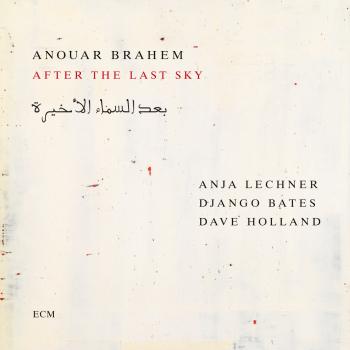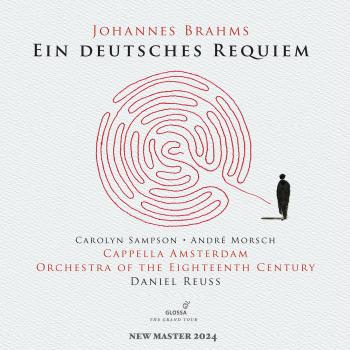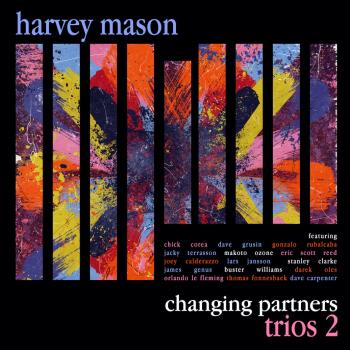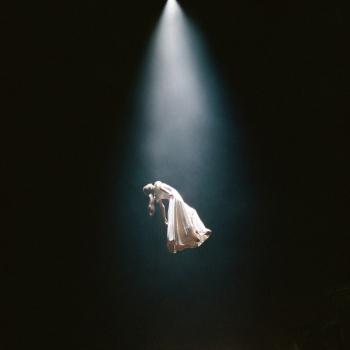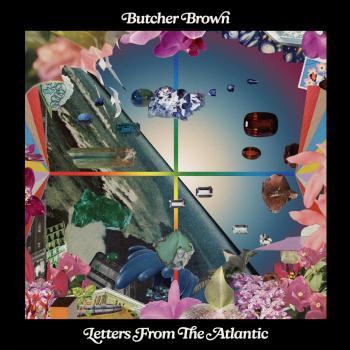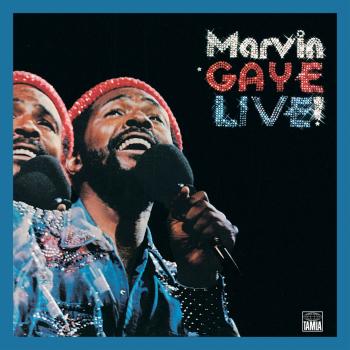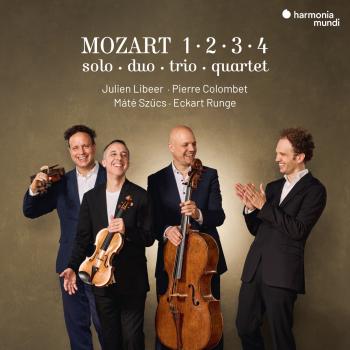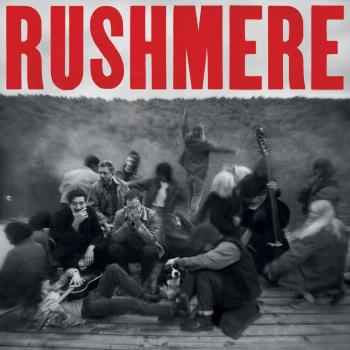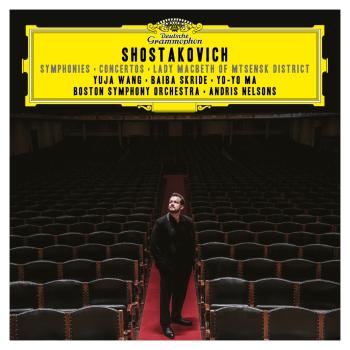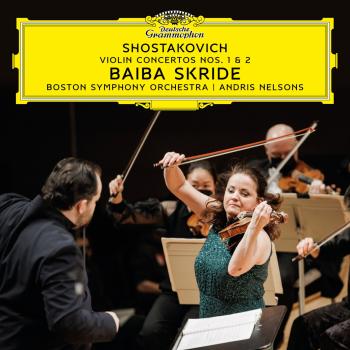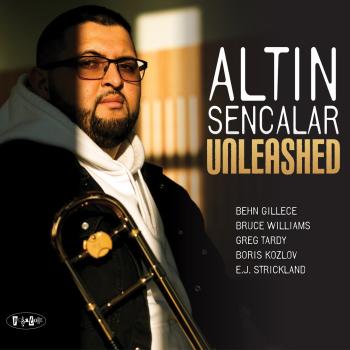
Ella Fitzgerald Sings The Irving Berlin Song Book (Remastered) Ella Fitzgerald
Album info
Album-Release:
1958
HRA-Release:
24.07.2019
Album including Album cover
I`m sorry!
Dear HIGHRESAUDIO Visitor,
due to territorial constraints and also different releases dates in each country you currently can`t purchase this album. We are updating our release dates twice a week. So, please feel free to check from time-to-time, if the album is available for your country.
We suggest, that you bookmark the album and use our Short List function.
Thank you for your understanding and patience.
Yours sincerely, HIGHRESAUDIO
- 1 Let's Face The Music And Dance 02:55
- 2 You're Laughing At Me 03:14
- 3 Let Yourself Go 02:16
- 4 You Can Have Him 03:43
- 5 Russian Lullaby 01:51
- 6 Puttin' On The Ritz 02:14
- 7 Get Thee Behind Me Satan 03:45
- 8 Alexander's Ragtime Band 02:40
- 9 Top Hat, White Tie, And Tails 02:32
- 10 How About Me? 03:14
- 11 Cheek To Cheek 03:45
- 12 I Used To Be Color Blind 02:30
- 13 Lazy 02:36
- 14 How Deep Is The Ocean (How High Is The Sky) 03:08
- 15 All By Myself 02:26
- 16 Remember 03:26
- 17 Supper Time 03:15
- 18 How's Chances? 02:45
- 19 Heat Wave 02:22
- 20 Isn't This A Lovely Day? 03:25
- 21 You Keep Coming Back Like A Song 03:32
- 22 Reaching For The Moon 02:15
- 23 Slumming On Park Avenue 02:21
- 24 The Song Is Ended 02:26
- 25 I'm Putting All My Eggs In One Basket 02:57
- 26 Now It Can Be Told 03:09
- 27 Always 03:05
- 28 It's A Lovely Day Today 02:24
- 29 Change Partners 03:14
- 30 No Strings (I'm Fancy Free) 03:00
- 31 I've Got My Love To Keep Me Warm 02:56
Info for Ella Fitzgerald Sings The Irving Berlin Song Book (Remastered)
Some of the most ambitious projects jazz producer Norman Granz ever made were the song book series. The 2-album set Ella Fitzgerald Sings the Irving Berlin Song Book (MG VS-6005-2) was the fourth of Fitzgerald's Song Book series, following those devoted to Cole Porter (1956), Richard Rodgers & Lorenz Hart (1956), and Duke Ellington (1957). Each of her eight albums in the series (sets by George & Ira Gershwin, Harold Arlen, Jerome Kern, and Johnny Mercer would follow) focused on a different composer of the canon known as the Great American Songbook. A few of these songs on the Irving Berlin album, such as "Cheek to Cheek," "Puttin on the Ritz," and "How Deep Is the Ocean" are familiar, but some others are less well known. Choices like "Isn't This a Lovely Day?" feature everything a listener would want in a song: intelligent lyrics, memorable melodies, and a strong emotional center. To say that Fitzgerald is in good voice for these recordings would be an understatement; her presentation here is simply regal. It should be pointed out that these two- and three-minute tunes are tightly arranged, and don't allow the freedom of extended scat singing she showcases, for instance, on Ella in Berlin. The lovely arrangements, however, feature the tasteful support of Paul Weston (1912-1996) & His Orchestra, which never overpowers Fitzgerald. These were the first and only collaborations between Ella and Weston. As mentioned in the original liner notes, Irving Berlin was highly delighted with Ella's album. Berlin would live to the ripe old age of 101, passing away on September 22, 1989.
"It is difficult to know where to begin when approaching an artist as wonderful as Ella Fitzgerald, especially when covering a revered recording like Sings the Irving Berlin Song Book from the late '50s. This set includes 32 songs chosen from Berlin's collection of nearly 800 songs. These selections are perfectly suited for Fitzgerald's voice and her romantic sensibility; they are happy, occasionally sad, and full of swinging rhythm. A few of these songs -- "Cheek to Cheek," "Puttin' on the Ritz," and "Blue Skies" -- will be most familiar; others, "Top Hat, White Tie, and Tails," "Russian Lullaby," and "All By Myself" are as memorable but perhaps less known. Choices like "Isn't This a Lovely Day?" feature everything a listener would want in a song: intelligent lyrics, memorable melodies, and a strong emotional center. To say that Fitzgerald is in good voice for these recordings would be an understatement; her presentation here is simply regal. It should be pointed out that these two- and three-minute tunes are tightly arranged, and don't allow the freedom of extended scat singing as on Ella in Berlin. The arrangements are also lovely, featuring the tasteful support of Paul Weston & His Orchestra, which never overpowers Fitzgerald. Such songs as "Cheek to Cheek" and "How Deep Is the Ocean?" -- the standards that once dominated singers' repertoires -- seem absent from today's musical scene. That may be unfortunate, but they continue to live healthy lives in recordings like this one. For fans who have enjoyed other songbook recordings, this reissue is a must-have; for those unfamiliar with Fitzgerald's songbook work, this is an excellent place to start." (Ronnie D. Lankford, Jr., AMG)
Ella Fitzgerald, vocals
Paul Weston, arranger, conductor
Digitally remastered
Ella Fitzgerald (1917-1996)
was, along with Sarah Vaughan and Billie Holiday, one of the most important vocalists to emerge from the big-band era. Her style is marked by a sunny outlook, a girlish innocence, and a virtuoso command of her voice.
Fitzgerald was born out of wedlock in Newport News, Virginia, to a laundress mother and a father who disappeared when she was three years old. Along with her mother and her mother’s new boyfriend who functioned as a stepfather, she soon moved to Yonkers, New York, where she began her schooling. Around the third grade she started dancing, a pursuit that became almost an obsession. In 1932, when she was fifteen, her mother died suddenly of a heart attack. Her stepfather treated her badly, but an aunt took the teenager to live with her in Harlem. This arrangement did not last long; Fitzgerald ran away in 1934 to live on the streets.
Late that year she won a talent contest at the Apollo Theater; she had entered as a dancer, but nervousness caused her to sing instead. Several months later she joined drummer Chick Webb’s big band, where she mostly sang novelties like 'Vote for Mr. Rhythm'. In 1938 she recorded 'A-Tisket, A-Tasket', her own adaptation of a turn-of-the-century nursery rhyme, which took the country by storm and eventually sold a million copies. When Webb died in 1939 the band’s management installed Fitzgerald as leader.
In 1942 the band broke up and Fitzgerald became a single act, touring with various other popular names of the day. She also became interested in scat singing and the newly emerging style known as bebop, and in 1945 she recorded a landmark version of 'Flying Home.' Several tours with the Dizzy Gillespie band also contributed to her assimilation of the bebop style.
In the late 1940s Fitzgerald began to tour with the Jazz at the Philharmonic troupe, working with such leading musicians as saxophonist Lester Young, trumpeter Roy Eldridge, pianist Oscar Peterson, and bassist Ray Brown, to whom she was married for four years. JATP impresario Norman Granz became increasingly influential in her career, and in 1953 he became her manager.
Three years after that he became her record producer as well, recording her on his own Verve label. He wasted little time in having Fitzgerald record a double album of Cole Porter songs. Fitzgerald made many wonderful albums for Verve in the following decade, but the six songbooks occupy a special place in her discography. They were instrumental in expanding Fitzgerald’s appeal beyond that of a 'jazz singer' and creating a demand for her in venues not usually open to jazz artists.
For die-hard jazz fans, though, the well-polished jewels of the songbook series lack the raw energy of Fitzgerald’s live performances. Happily, Granz released several landmark concert albums by her as well. Especially exciting was a 1960 Berlin concert, which featured an electrifying performance of an impromptu take on 'Mack the Knife,' which became a Top 30 single. Fitzgerald usually performed with a trio or quartet, but there were also appearances with larger groups, such as the Duke Ellington and Count Basie orchestras.
By the 1960s Fitzgerald had become wealthy enough to retire, but the love of performing drove her on — she appeared regularly until just a couple of years before her death in 1996. Sidemen came and went, but except when health problems intervened she performed as much as humanly possible, sometimes singing concerts in two different cities in one day. Source: Verve Music (Phil Bailey). Excerpted from Ken Burns’ Jazz: The Definitive Ella Fitzgerald
This album contains no booklet.

